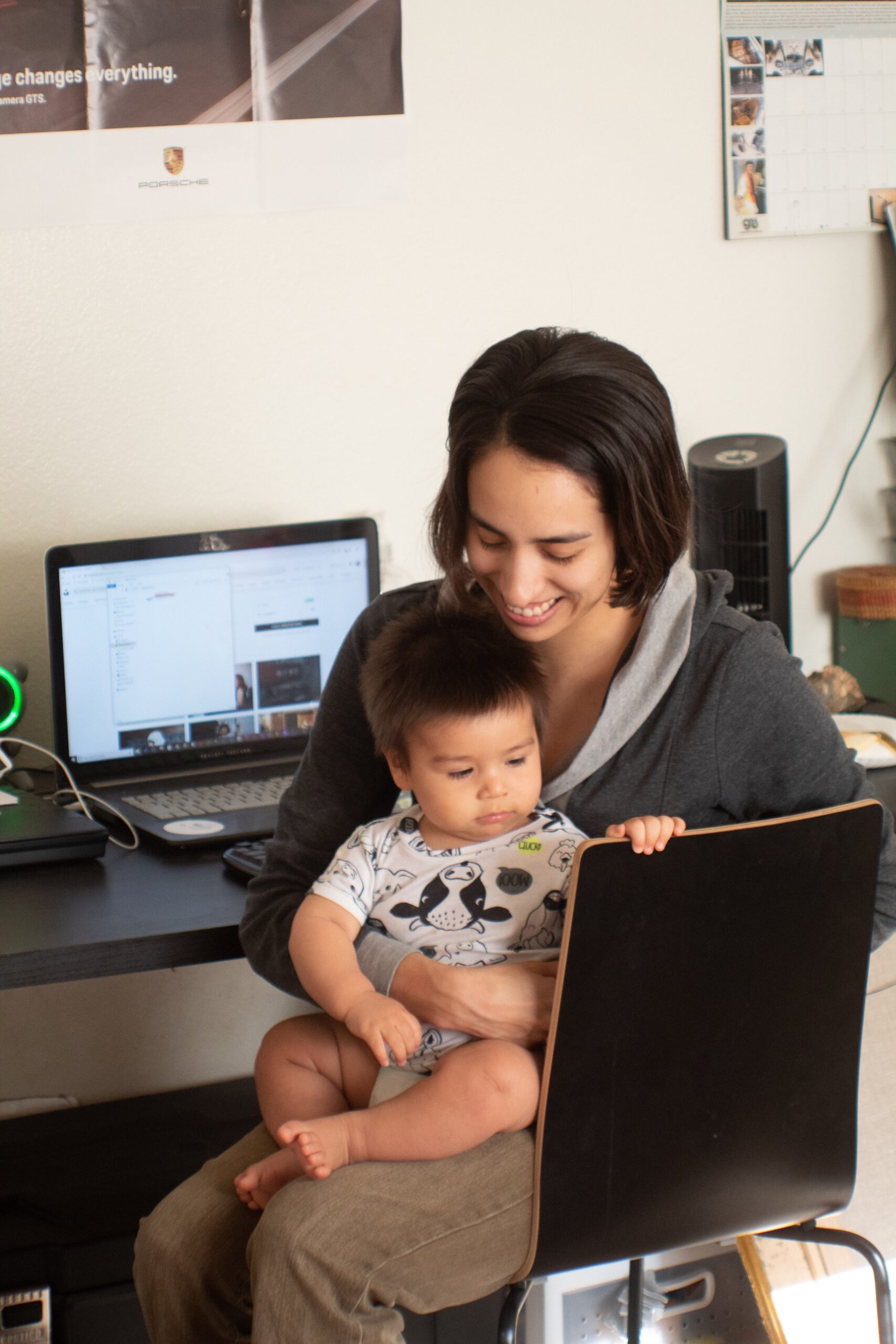Lifestyle

Emotional experiences can feel so overwhelming. So much so that they can make us convinced that they are insurmountable, like a large wave coming over you as you stand in the shallow waters. It turns out that this is a very fitting metaphor for emotional spikes. Just as one can be overtaken and overwhelmed by a large wave, so too can one learn the skills needed to read the onset of the wave, position themselves effectively with it, and surf the wave which allows one to experience emotions with mastery and confidence. Additionally, because we experience emotions everyday of our lives, learning to surf your emotional waves can be practiced every day. This starts with seeing your feelings as a wave; strong, influential, and temporary… yes… temporary. Many cognitive patterns that lead to mental health disorders are habits that take single-emotion events and reinforce them again and again until they feel chronic. The emotion typically only lasted a few seconds or a few minutes at most and any secondary or lingering feelings are being upheld by what your thoughts, beliefs, and responses create. With this understanding, one can experience the emotional wave effectively in the moment before allowing that wave to return to the ocean never to come back in that exact form ever again.

Depression is one of the most commonly reported mental health challenges. The need for coping skills to help manage depressive spikes, as well as chronic depression, remains important whether you are in treatment for depression or not. There are many skills that can help battle depression that use multiple methods. However, depression is also one of the most debilitating mental health challenges, as it is effective at significantly reducing motivation across many areas of life. This can include activities and/or hobbies that you once enjoyed and took pride in. This lack of motivation can also lead to a feeling of helplessness when you have the opportunity to use coping skills and other interventions. Many strategies for this include using behavioral change to help facilitate mood and thought changes. Others use cognitive approaches to help build a more factual perception of one’s self and the world. Whether you seek out supportive relationships, get back into jogging again, or reflect on the steps needed to go back to school and get that degree you want, all of these steps require a version of movement. Depression is easily reinforced by stagnation therefore movement is one of the strongest tools in your toolbox.

Do you ever realize some conversations that you walk away from end on a positive note, where others can feel daunting and discouraging? To break this down, everyone has a unique way in which they communicate and express themselves to others. It is important to be aware of how you communicate with others because it can make it easier in navigating conversations. These habits impact how others perceive you and your needs. There are four basic types of communication styles, all of which can promote different outcomes of a conversation.

As we start the New Year, the phrase “new year, new me” often resurfaces. This phrase brings up many different thoughts and reactions, first starting with, why do you need to create a “new you”? This has the connotation that you need to completely recreate yourself. Rather, why not focus on crafting the best version of yourself. The New Year tends to bring pressure to create a big resolution, but often these goals do not seem attainable and are often forgotten. This year, instead of formulating one overarching specific resolution, why not try something new? The following are just some ideas of how to be kinder to yourself while creating goals.

As the holiday season approaches, there is often talk of it being “the most wonderful time of the year” with increased emphasis on joy and celebration. However, the topic of stress and/or increased sadness related to holiday functions are often overlooked. Whether it may be feeling increased pressure, toxic family dynamics, financial difficulties, or any other concern; the holidays can negatively impact our own mental health if we are not taking care of ourselves. In gearing up for the holidays, it is important to develop and be aware of our own personal, healthy boundaries.

Talking to your child about any topic can be difficult at times, however, the discussion of mental health can be particularly tricky. There could be many reasons why this topic is tip-toed around, but it is important to address if you are worried about your child, so you can assist them in receiving proper mental health treatment.

When one is feeling depressed and anxious, the G.L.A.D. technique is a grounding skill one can use to be more mindful in the moment and to experience positive distraction until strong negative emotions pass, as to reduce the possibility of impulsive reactions as impulsive reactions may not be an effective response in the moment. Try this practice out daily in order to notice positive shifts daily.

Working mothers juggle many responsibilities and play many roles to maintain the stability and happiness of their families. From the basics such as groceries, paying bills, maintaining a home, to of course dedicating time to raising strong, healthy, children, to having a successful career can be demanding and stressful. Read on for some strategies to manage the stress of balancing work and parenting responsibilities.

I don’t know about you, but sometimes throughout my day, I have a moment where I stop and think about what it is I am doing because part of me does not remember making the decision to do it in the first place. Some of these behaviors or actions I find myself doing are productive, some are neutral, and some are ones that I wish I didn’t do as much, especially without thinking about it. According to the Journal of Personality and Social Psychology, about 43% of what most people do every day is out of habit (Journal of Personality and Social Psychology, Vol. 83, No. 6, 2002). This is almost half of your daily life decided for you based on routine. Once again, if you are anything like me, there are parts of that 43% that I would rather be different, so here are some tips to better understand how habits work.

Many theories of change agree that you cannot change something if you are not first mindful of what needs to be changed. Mindfulness is a term and idea that is used a lot in different areas and in different ways. Some people refer to it as a type of meditation, some people refer to it as “being in the moment”, some people might not be sure exactly how to define it. Building mindfulness as a strong habit out of a clear and value-driven goal to be more aware and purposeful in your own life is one of the bedrock skills used to treat and protect against mental health challenges. This is done by keeping judgments and perceptions to a minimum while increasing the informative power of facts on your thoughts and emotions. This is a skill like any other; the more you practice, make mistakes, and then try again, the more effective you will become.